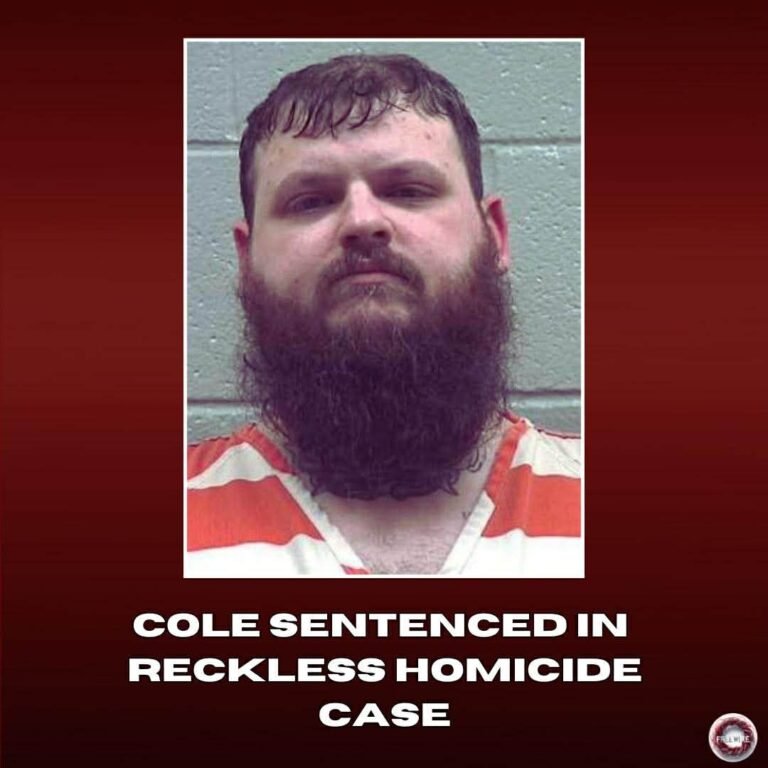by Logan Andrew | FreeWire Magazine

Economic shock: Trump’s sweeping tariffs and jobs‑report fallout
On Friday the Trump administration announced it will impose hefty tariffs on imports from nearly 70 countries next week. The White House framed the measure as an effort to re‑balance trade but did not offer specifics. NewsHour reported that the announcement triggered the worst day on Wall Street in more than a month, compounding anxiety from a weak Labor Department jobs report.
President Trump responded by firing Bureau of Labor Statistics (BLS) commissioner Erika McEntarfer, accusing her without evidence of manipulating employment figures. The jobs report showed that only 73,000 jobs were added in July and that 258,000 jobs were erased from May and June estimates. Al Jazeera noted that Trump said the report was “rigged” and ordered McEntarfer’s immediate dismissal. He replaced her with deputy commissioner William Wiatrowski. Critics described the move as an attack on institutions that produce objective economic data. Senate Democratic leader Chuck Schumer accused Trump of “shooting the messenger”, while economists warned that the tariffs were likely to exacerbate inflation and slow growth.
Watchdog probes ex‑special counsel Jack Smith
An independent Office of Special Counsel, created to enforce the federal Hatch Act, opened an investigation into Jack Smith, the Justice Department special counsel who prosecuted Donald Trump during 2023. The office said it is examining whether Smith engaged in partisan political activity through his inquiries into Trump. Senator Tom Cotton (R‑Ark.) asked the office to scrutinize Smith’s actions, alleging they were meant to aid then‑President Joe Biden.
The watchdog has authority only to impose civil sanctions, not criminal charges, but the inquiry underscores how Trump’s return to office has politicized the Justice Department’s prior prosecutions. Smith’s two indictments accused Trump of conspiring to overturn the 2020 election and hoarding classified documents at Mar‑a‑Lago. Both cases were abandoned after Trump took office, consistent with Justice Department policy that a sitting president cannot be indicted.
Senate confirmation standoff
The Senate adjourned for its August recess without a bipartisan deal to speed up confirmations of hundreds of Trump nominees. Negotiations collapsed after Trump urged Republicans on his social‑media platform to “tell Schumer … to GO TO HELL!” and “go home”. Majority Leader John Thune (R‑S.D.) said the sides came close several times but “didn’t close it out”.
Democrats demanded that Republicans roll back earlier spending cuts or offer other concessions before agreeing to quick votes. Because no agreement was reached, it will be harder for the administration to fill positions ranging from judgeships to agency heads. The standoff marks the first time in recent history that the Senate’s minority party has withheld consent for routine confirmations.
Smithsonian exhibit controversy
The Smithsonian Institution faced criticism after it removed a placard noting that Donald Trump had been impeached twice. The label, added in 2021 to a long‑running exhibit on presidential powers, described Trump’s 2019 and 2021 impeachments. Responding to public outcry, the museum issued a statement on Aug. 2 insisting that it was not pressured by the White House and that an updated exhibit will include Trump’s impeachments in “the coming weeks.” The museum said the placard was only a temporary addition and was removed because it blocked the view of objects inside the case and did not match the exhibit’s design. It emphasized that no administration official asked for its removal. Trump’s two impeachments – for pressing Ukraine’s president to investigate Joe Biden and for inciting the Jan. 6 Capitol attack – will remain part of the historical record.
Justice Department seeks voter data from 19 states
Election officials in Alaska, Arizona, California, Florida, Illinois, Maine, Maryland, Michigan, Minnesota, Nevada, New Hampshire, New York, Utah and Wisconsin confirmed receiving letters from the Justice Department’s voting section requesting statewide voter rolls. At least one other state, Oklahoma, received the request by phone. The department also contacted local officials in several states seeking information about voter‑fraud cases.
The inquiries cite Trump’s March executive order directing the attorney general to enter information‑sharing agreements with state election officials. Many states are wary; Minnesota’s Democratic secretary of state said the Justice Department is not legally entitled to the data and that the voter list contains sensitive personal information on several million people. Maine’s secretary of state, also a Democrat, called the request an overreach and said the state will refuse because it would violate voter privacy. Some states have provided redacted voter lists or answered procedural questions, but several are still evaluating how to respond. Legal experts note that the Privacy Act of 1974 limits federal collection of personal data and that states cannot be compelled to turn over sensitive information.
Former Capitol‑riot defendant joins Justice Department
In another example of how Trump has reshaped federal agencies, a former FBI supervisory agent, Jared Lane Wise, who was charged with joining the Jan. 6 Capitol riot, is now serving as a counselor to the Justice Department official leading its “weaponization working group”. The group is investigating Trump’s claims of anti‑conservative bias inside the department. Wise’s appointment was first reported by The New York Times; the Justice Department declined to comment.
Wise was a special agent until 2017 and was arrested in 2023 on misdemeanor charges for cheering on rioters and shouting “Kill ’em!” as the mob assaulted police. He told officers “You’re the Nazi. You are the Gestapo,” according to an FBI affidavit. The case against him was dismissed after Trump returned to the White House and pardoned or dismissed charges for nearly 1,600 people who participated in Jan. 6. Wise’s supervisor, Ed Martin Jr., is a longtime Trump ally who led the “Stop the Steal” movement and previously defended Capitol rioters. His appointment underscores the Trump administration’s willingness to install loyalists and even former defendants in sensitive government roles.
Looking ahead
The week’s events reveal a White House consolidating power and reshaping institutions. Trump’s new tariffs and dismissal of the BLS chief suggest he is willing to disrupt economic norms, while the Senate stalemate shows deepening partisan gridlock. The Jack Smith investigation and the hiring of a Jan. 6 defendant indicate that Trump’s grievances against the Justice Department remain central. Meanwhile, disputes over voter data and museum exhibits show that battles over democracy and history continue to play out in agencies large and small. As the summer recess begins, the nation’s political temperature shows no sign of cooling.




















